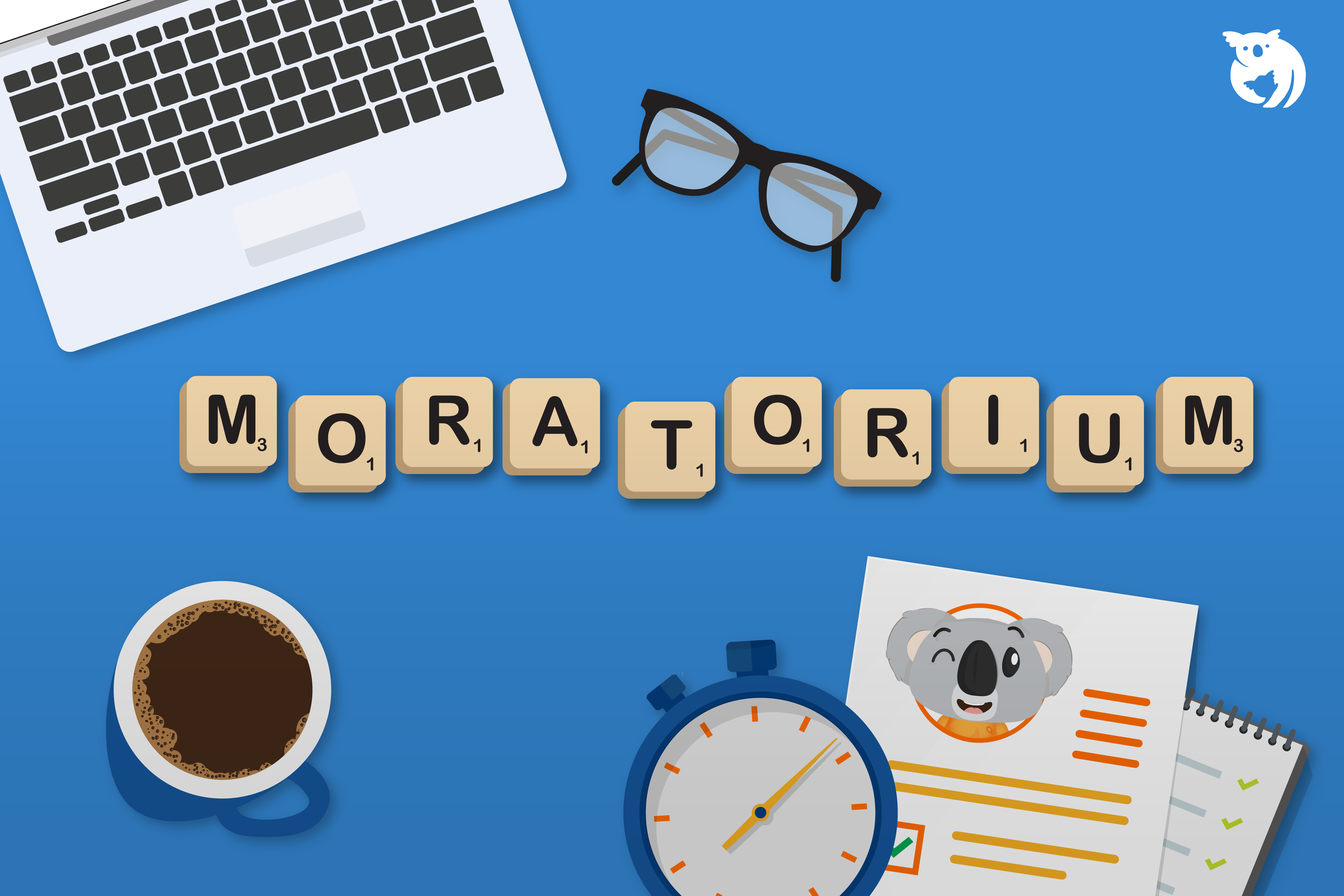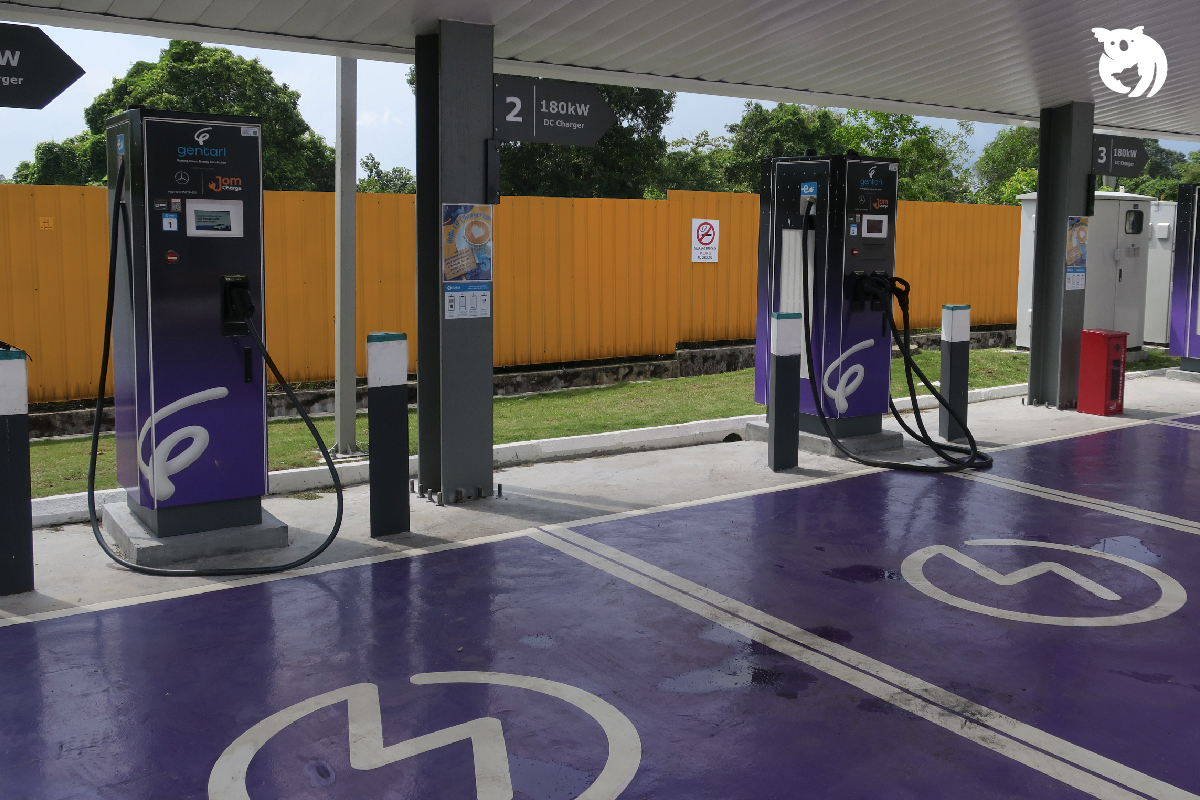The phrase “loan moratorium Malaysia” can be considered quite popular among the community during the past two years (2020-2021) when the government announced the moratorium to assist individuals affected by the COVID-19 pandemic that has hit the world.
Moratorium application, which can also be considered as a leave of absence from bank loan payments, is seen as very helpful especially for the B40 group as many of them have lost their source of income. The opening of moratorium applications is an initiative to address the financial problems faced by many people, due to the pandemic.
PEMULIH 2021 Moratorium Application
The latest loan moratorium was introduced in line with the People’s Protection and Economic Recovery Package (PEMULIH), and automatic approval applications began on Wednesday, July 7, 2021.
So if you are an individual borrower regardless of whether you are B40, M40 or T20, small and medium enterprises (SMEs) and micro-companies affected by COVID-19, you can apply for a six-month loan moratorium.
You only need to apply with your respective bank and the application approval will be given automatically.
What Types of Loans Are Eligible for PEMULIH Moratorium?
The Requirements for PEMULIH Moratorium?
- PEMULIH Moratorium application is only applicable to loans approved BEFORE July 1st, 2021;
- You don’t need to provide any documents to prove that you were affected by COVID-19. Each application will be approved automatically;
- During the PEMULIH Moratorium application, you cannot have outstanding payments for more than 90 days or be involved in bankruptcy/ company liquidation proceedings;
- Individual/ SME borrowers who have had a moratorium before and follow all loan repayment schedules can also apply for the PEMULIH Moratorium;
- Individual/ SME borrowers with payment arrears exceeding 90 days are advised to contact the Credit Counseling and Debt Management Agency (AKPK) for free financial assistance and advice;
- Credit card debt is not eligible for the PEMULIH Moratorium, but you can apply to convert this credit card debt into a 3-year loan that helps reduce interest rates.
All other situations remain the same as the previous moratorium, including the accrual of interest, no impact on CCRIS or CTOS, and no impact on your future loan opportunities.
How to Apply for PEMULIH Moratorium
The process is simple, you just need to contact your respective bank. You are also advised to always visit the website of Bank Negara Malaysia and your bank to find out about further developments.
List of Banks Involved in the PEMULIH Moratorium as of July 2021
- Affin Bank Berhad
Affin Islamic Bank Berhad - Al Rajhi Banking & Investment Corporation (Malaysia) Berhad
- Alliance Bank Malaysia Berhad
Alliance Islamic Bank Berhad - AmBank (M) Berhad
AmBank Islamic Berhad - BNP Paribas Malaysia Berhad
- Bank Islam Malaysia Berhad
- Bank Muamalat Malaysia Berhad
- CIMB Bank Berhad
CIMB Islamic Bank Berhad - Citibank Berhad
- HSBC Bank Malaysia Berhad
HSBC Amanah Malaysia Berhad - Hong Leong Bank Berhad
Hong Leong Islamic Bank Berhad - Kuwait Finance House (Malaysia) Berhad
- MUFG Bank (Malaysia) Berhad
- Malayan Banking Berhad
Maybank Islamic Berhad - MBSB Bank Berhad
- OCBC Bank (Malaysia) Berhad
OCBC Al-Amin Bank Berhad - Public Bank Berhad
Public Islamic Bank Berhad - RHB Bank Berhad
RHB Islamic Bank Berhad - Standard Chartered Bank Malaysia Berhad
Standard Chartered Saadiq Berhad - Sumitomo Mitsui Banking Corporation Malaysia Berhad
- United Overseas Bank (Malaysia) Bhd
- Bank Kerjasama Rakyat Malaysia Berhad (Bank Rakyat)
- Bank Pembangunan Malaysia Berhad
- Bank Pertanian Malaysia Berhad (Agrobank)
- Small Medium Enterprise Development Bank Malaysia Berhad (SME Bank)
- Bank Simpanan Nasional
- Export-Import Bank of Malaysia Berhad (EXIM Bank)
Moratorium and Targeted Moratorium
The moratorium was automatically granted to all individuals with bank loans at the start of the Movement Control Order (MCO). However, now there is a targeted moratorium. This assistance is extended specifically to customers who are still facing difficulties in making their loan payments due to the ongoing Covid-19 pandemic that is still affecting the country.
The basic concept of the moratorium is the suspension of monthly payments. However, when the given moratorium period ends, some individuals still face difficulties in making repayments. This is where the targeted moratorium comes in.
There are two ways in which the targeted moratorium is implemented, namely:
- Deferring monthly installment payments for three months; or
- Reducing monthly installment payments by 50% for six months.
In addition, all banks will also offer several other options, including:
- Allowing loans to pay only the loan interest;
- Extending the loan period to reduce monthly repayment;
- Providing various other facilities until borrowers become stable again.
All of this depends on the respective banks. The targeted moratorium has also been extended until June 2021 since January 2021 when the Movement Control Order (MCO) and Emergency were reintroduced due to a spike in COVID-19 cases.
However, there is a question of what the long-term effects would be if we were to apply for this moratorium. First, we need to look at who is encouraged to apply for the moratorium.
Who Should Apply for the Moratorium?
Group A
Group A consists of individuals who have a cash flow problem that is not sufficient or only sufficient for living expenses. Sufficient for living means having no more money left after deducting commitments and all expenses.
This group is encouraged to apply for the moratorium.
Group B
Group B consists of individuals who have many commitments and high-interest debt. One of the high-interest debts is credit card debt.
For those who have no problem paying off their credit card debt in full, there is no issue. However, it will be a problem if you cannot pay in full within the specified period.
For your information, the interest rate charged on credit card debt is 18% per annum. If this debt is not settled, you will always be in a tight financial situation.
Therefore, this group is encouraged to apply for the moratorium for other loans so that the money can be used to pay off credit card debt. After obtaining moratorium approval, make sure you allocate that money to pay off your credit card debt.
Group C
Individuals in Group C are those who do not have an emergency fund for three months of income or have no savings at all. However, these individuals still have good cash flow, but they do not have any savings.
For example, if your monthly salary is RM5,000, you should have an emergency fund of RM15,000, equivalent to three months’ salary.
This is still dangerous, especially for those who do not have a stable job. Therefore, this group is also encouraged to apply for the moratorium.
Group D
Group D is those who do not have any income or medical protection such as insurance. The importance of insurance is to reduce the risk and burden when unexpected accidents occur.
When they have no protection of any kind, this group is strongly encouraged to apply for the moratorium.
The Moratorium Application Only Defers Payments, Not Exemptions
We need to remember that the moratorium is a form of payment deferment given to alleviate the financial burden of borrowers during the COVID-19 pandemic. The moratorium application is open to give borrowers time to use the money that should have been used to pay monthly installments for basic necessities such as food, rent, emergency savings, and so on.
The keyword that we need to emphasize here is deferment. The moratorium given is not free and must be repaid.
It is undeniable that the moratorium helps the affected groups, but borrowers who receive additional cash through the moratorium must repay the amount.
Whether or not to take this moratorium, the answer is yes, for those who are affected by the loss of income. The moratorium can help cash flow and to some extent, ease financial burdens.
Many financial experts advise those who are not affected not to apply for the moratorium. If continued, borrowers will have to bear the burden later due to an increase in the amount of debt.
Impact of Applying for the Moratorium
- No damage to credit scores
Many individuals express concern when they apply for the moratorium and their credit scores are affected. This is because when the loans we make are not paid, it will affect our credit scores. When credit scores are affected, many things cannot be done.
However, according to CTOS, payment deferment is not categorized as loan arrears. Therefore, if your moratorium application is approved by the bank, your credit score will not be affected.
- Longer loan period
Applying for the moratorium also means that you are applying to extend the loan period for a longer time. When the moratorium is given automatically, the loan period is deferred for six months. For targeted moratoriums, there are several situations that you need to know.
There are several situations that you can discuss with the bank regarding the extension of the loan period that will cause changes to the monthly installments and everything depends on your ability. See the example below:
Before the three-month deferment
- Monthly installment: RM568/month;
- Amount of outstanding loan: RM40,795;
- Remaining loan period: 84 months.
Situation 1 – Postponing monthly installments for three months and extending the period for one year
- Monthly installment: RM510/month;
- Amount of outstanding loan: RM40,795;
- Remaining loan period: 96 months (84 months + extension of 12 months).
Situation 2 – Postponing monthly installments for three months and extending the period for three years
- Monthly installment: RM425/month;
- Amount of outstanding loan: RM40,795;
- Remaining loan period: 120 months (84 months + extension of 36 months).
-
Interest still applies
For your information, even though compounded interest is not imposed, your loan is still subject to interest or accrued profits that will be carried forward after the moratorium ends.
Throughout the automatic moratorium, accrued interest still runs as usual.
-
Will the final payment amount increase?
If you choose to apply for a targeted moratorium without paying monthly installments, the final amount you will have to pay when the loan matures may be higher.
However, if you choose to reduce monthly installments, the final amount you will have to pay will not increase.
Application for Moratorium and Credit Card Debt
Unlike housing and car loans, you cannot get a deferment for credit card debt. However, if you have a large amount of credit card debt, you will be given the option to convert the balance into a term loan so that you can apply for a six-month deferment of payments.
If you are unable to pay the minimum credit card payment for three consecutive months, the credit card issuer will convert the outstanding balance into a term loan not exceeding three years with an effective interest rate of not more than 13 percent per annum.
For other frequently asked questions related to the moratorium package or credit card conversion, you can find them on the official website of BNM.
Road Tax Moratorium, License Extended Until 31 December 2021
The extended moratorium period for renewing the Motor Vehicle License (LKM) and Malaysia Driving License (LMM) has been extended until December 31, said Transport Minister Datuk Seri Dr Wee Ka Siong.
However, he said that owners of expired LKMs must ensure that their vehicles are covered by valid insurance and show proof of insurance coverage for inspection purposes.
Previously, the renewal period for LKMs and LMMs was set until September 30 and could be renewed through the counters of the Road Transport Department (JPJ), Pos Malaysia Bhd, MyEG Services Sdn Bhd (MyEG), and Computerized Vehicle Inspection Center (Puspakom).
Starting from September 6, JPJ will also stop its online appointment system. Customers who want to transact at the counter must have completed their full vaccination and show low-risk COVID-19 status on the MySejahtera app.
The public is also encouraged to use online services through the mySIKAP JPJ portal or through Pos Malaysia, MyEG, Puspakom services to make any JPJ-related transactions. This is to avoid congestion at JPJ counters and provide convenience to the public for renewing LKMs and LMMs.
Moratorium Malaysia: Frequently Asked Questions Related to Loan Repayment Moratorium
Below are some frequently asked questions shared by BNM.
| Question | Answer |
|---|---|
| What are the eligibility criteria for moratorium? | All loans made by individuals and SMEs with financial institutions regulated by BNM. |
| * No moratorium is given for credit card debt. | |
| What does the borrower need to do? | You don’t need to do anything as the moratorium is automatic. If you don’t need it, please inform the bank. |
| Can I extend the moratorium beyond six months? | The moratorium is only for 6 months. If you need a longer period, please contact the bank. |
| Which banks offer this moratorium package? | All licensed banks, licensed Islamic banks and development financial institutions (DFIs) designated and regulated |
| by BNM. | |
| Is the moratorium package applicable to new loans? | The moratorium package can be used for all loans/financing that have not been settled as of April 1, 2020. |
| I have a loan/financing that is automatically deducted | Yes. Please inform your company to stop deducting your salary if you want the repayment to be deferred, and also |
| from my salary. Am I eligible? | inform the bank. |
Hopefully this article can answer your questions about moratorium application and its effects.
Looking for car insurance? It’s easy, just renew with Qoala. Fast with affordable prices. Try it now!

 EN
EN
 MY
MY








